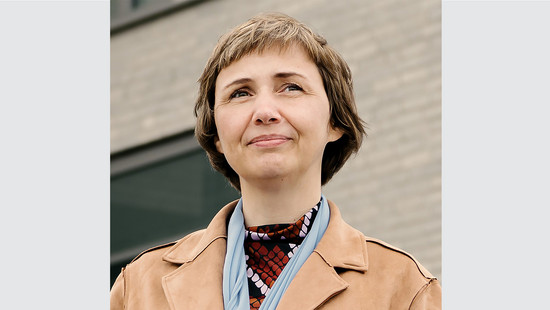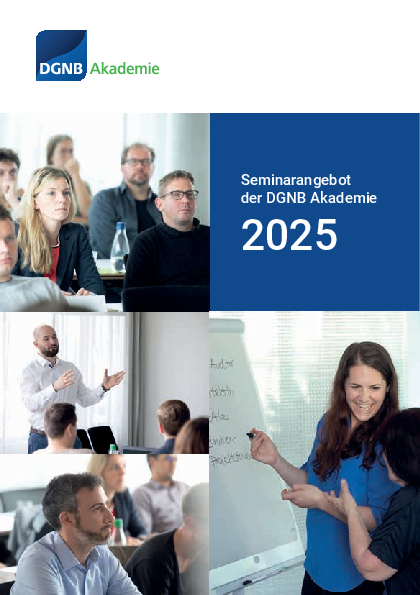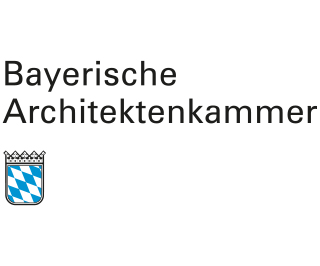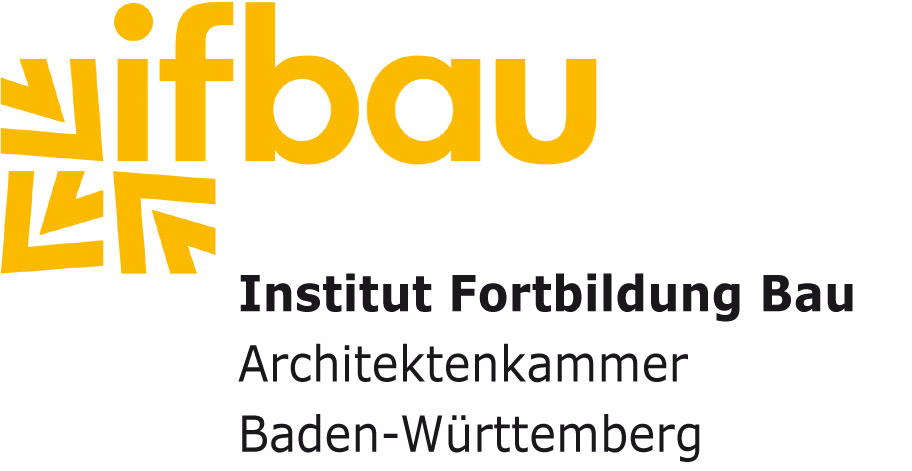Sustainability has long been more than just a trend in the construction and real estate industry. It is a fundamental prerequisite for creating a sustainable built environment. Expertise is in demand as never before. In this context, an understanding of the market and the current issues affecting it is crucial. In order to be able to act and make decisions, sound knowledge is required at various levels.
Knowledge you can build upon
Following the motto "Learning from and with experts ... and shaping the future sustainably", our seminars provide you with condensed specialist knowledge on key aspects of sustainable planning, construction and operation.
In each seminar, we focus on a very specific application or issue so that you can apply the knowledge you have gained directly in practice. Interactive elements and time for further informal discussion afterwards allow you to interact and network with the speakers and other participants. The training courses are designed independently of DGNB certification and are suitable for both construction and real estate professionals and those with a general interest.
DGNB Certification experts receive DGNB continuing professional development points for their licence.
The seminar programme 2025: Seminars on key topics of sustainable building
We are focussing on five key sustainable building topics: Building in Climate Change, Biodiversity and People, ESG and Future Reliability, Carbon Neutral Buildings and Circular Construction. The knowledge you gain will help you make an active contribution to the sustainable planning, construction and operation of individual buildings or entire cities.
All seminars take place online and are held twice a year. This gives you flexibility in terms of location and allows you to choose the date that best suits your calendar. All seminars are held in German.

Through cooperation with other educational institutions, we are spreading the knowledge about a sustainable built environment.
Our thanks go to:



